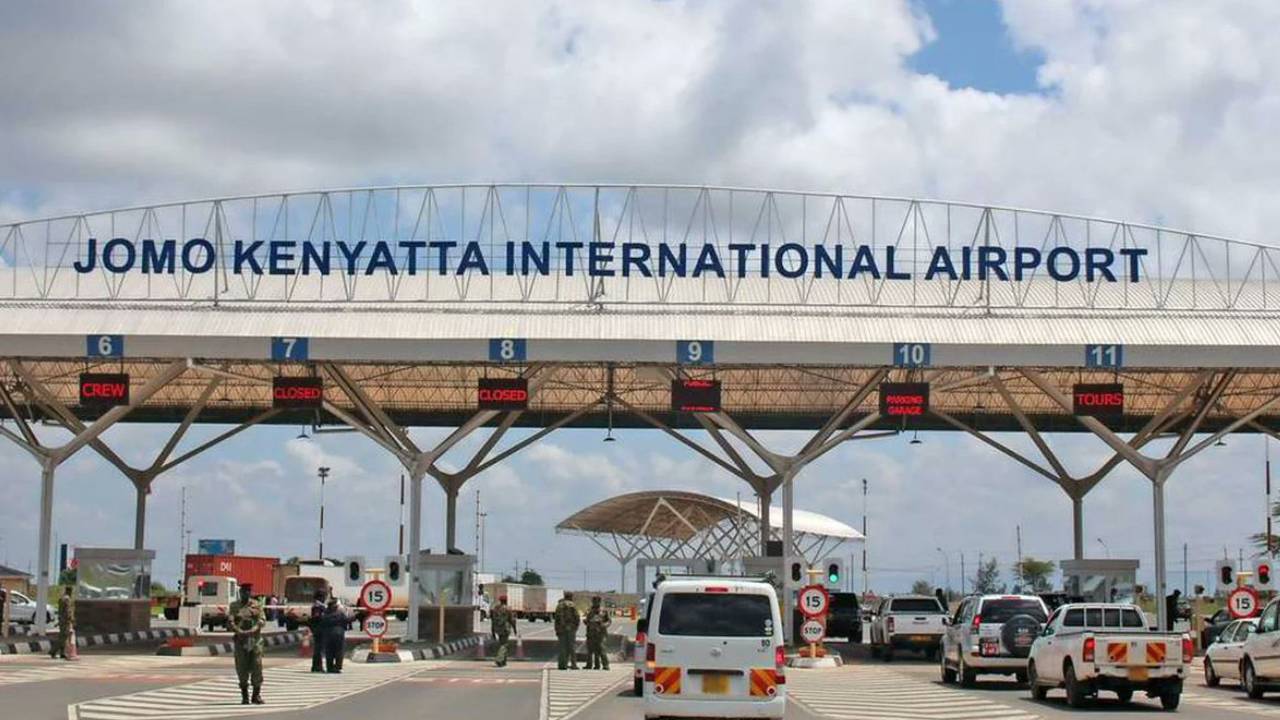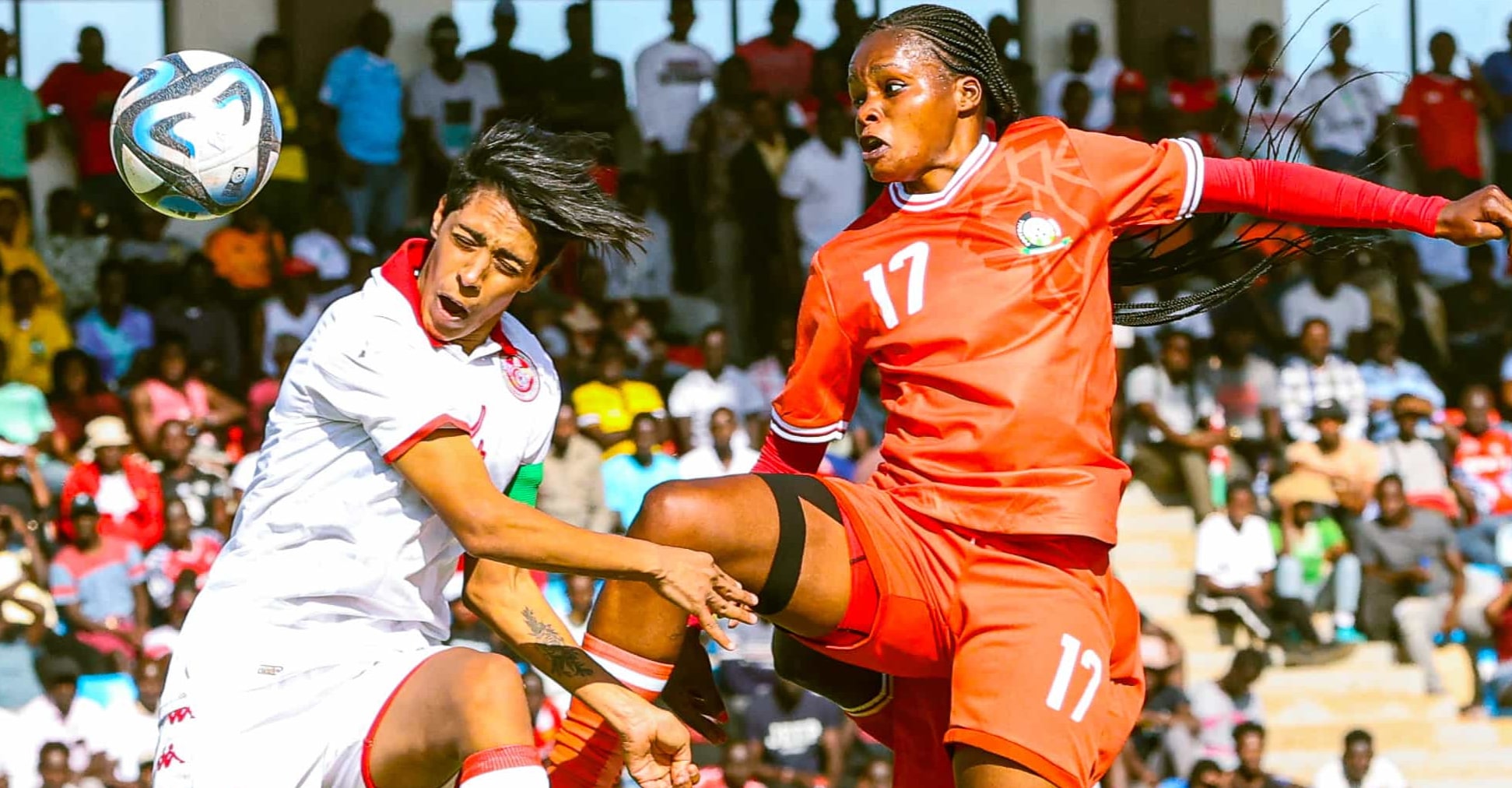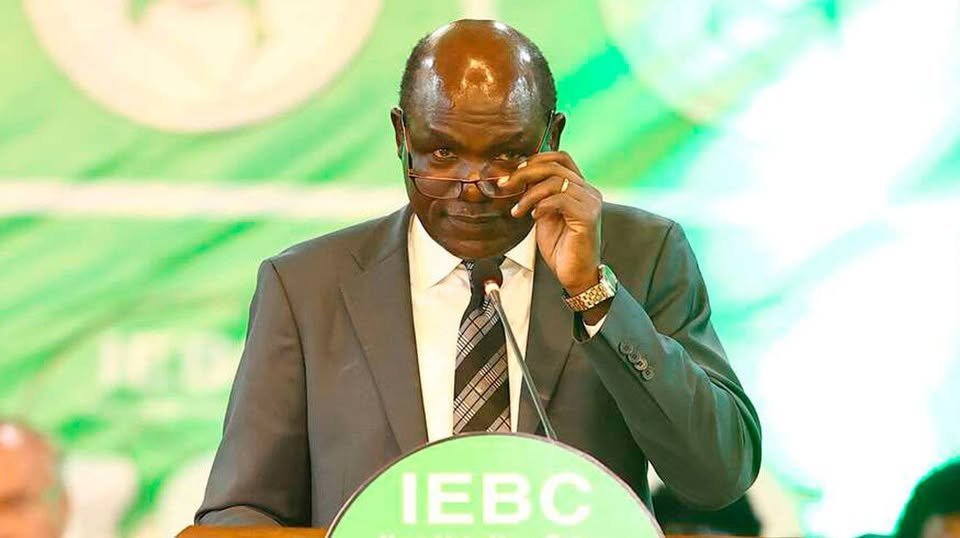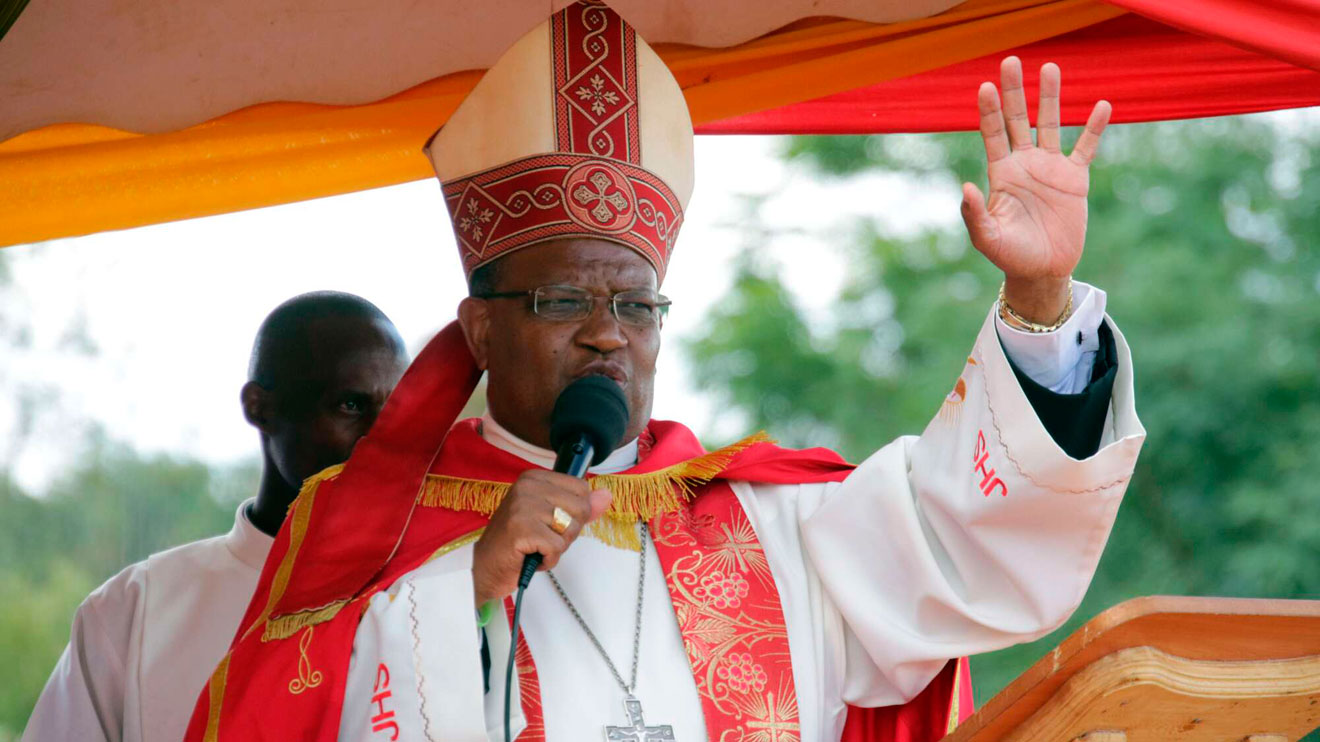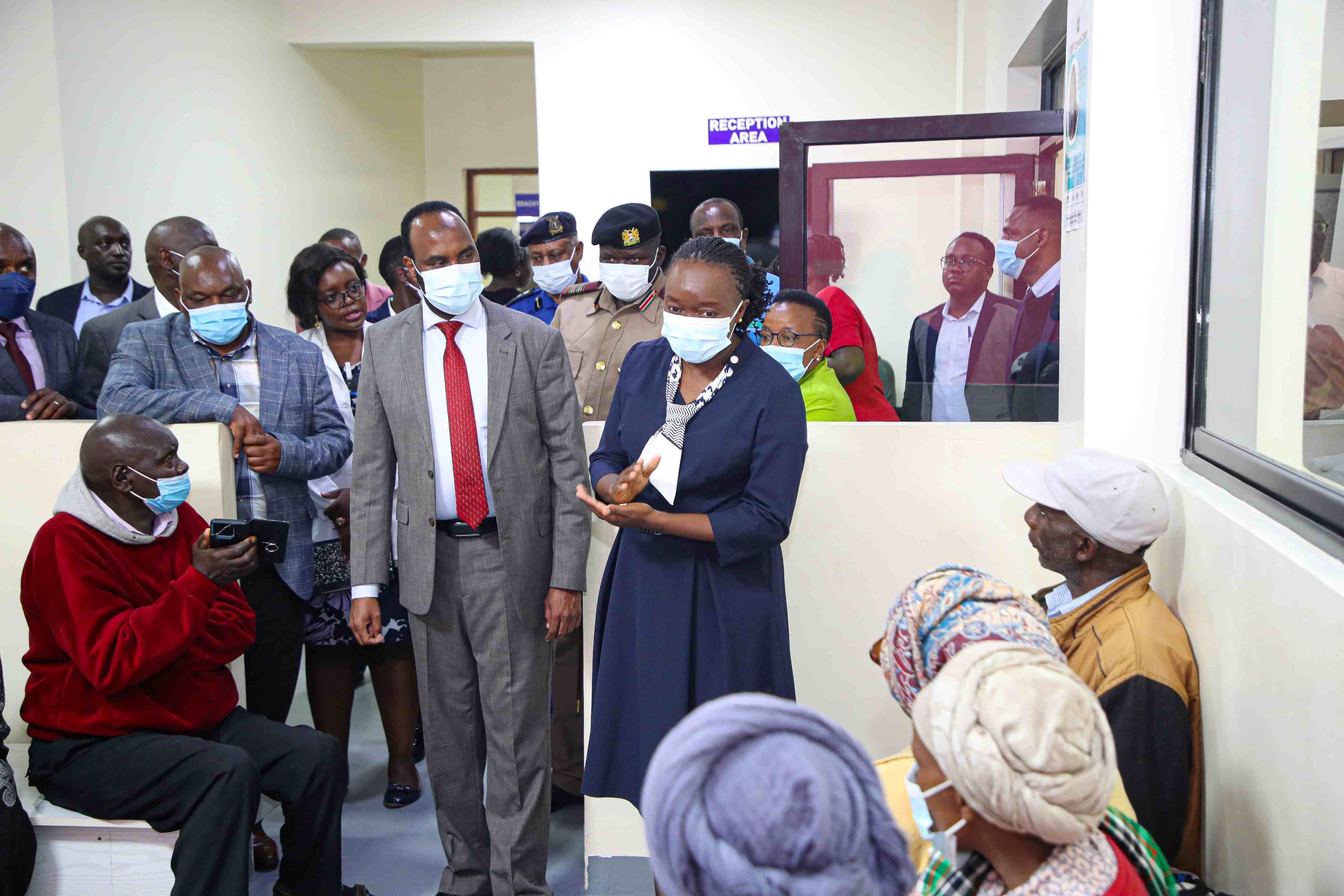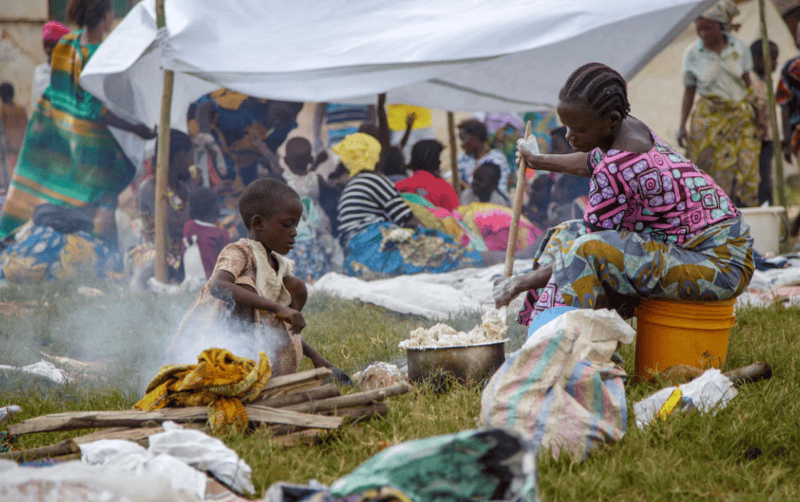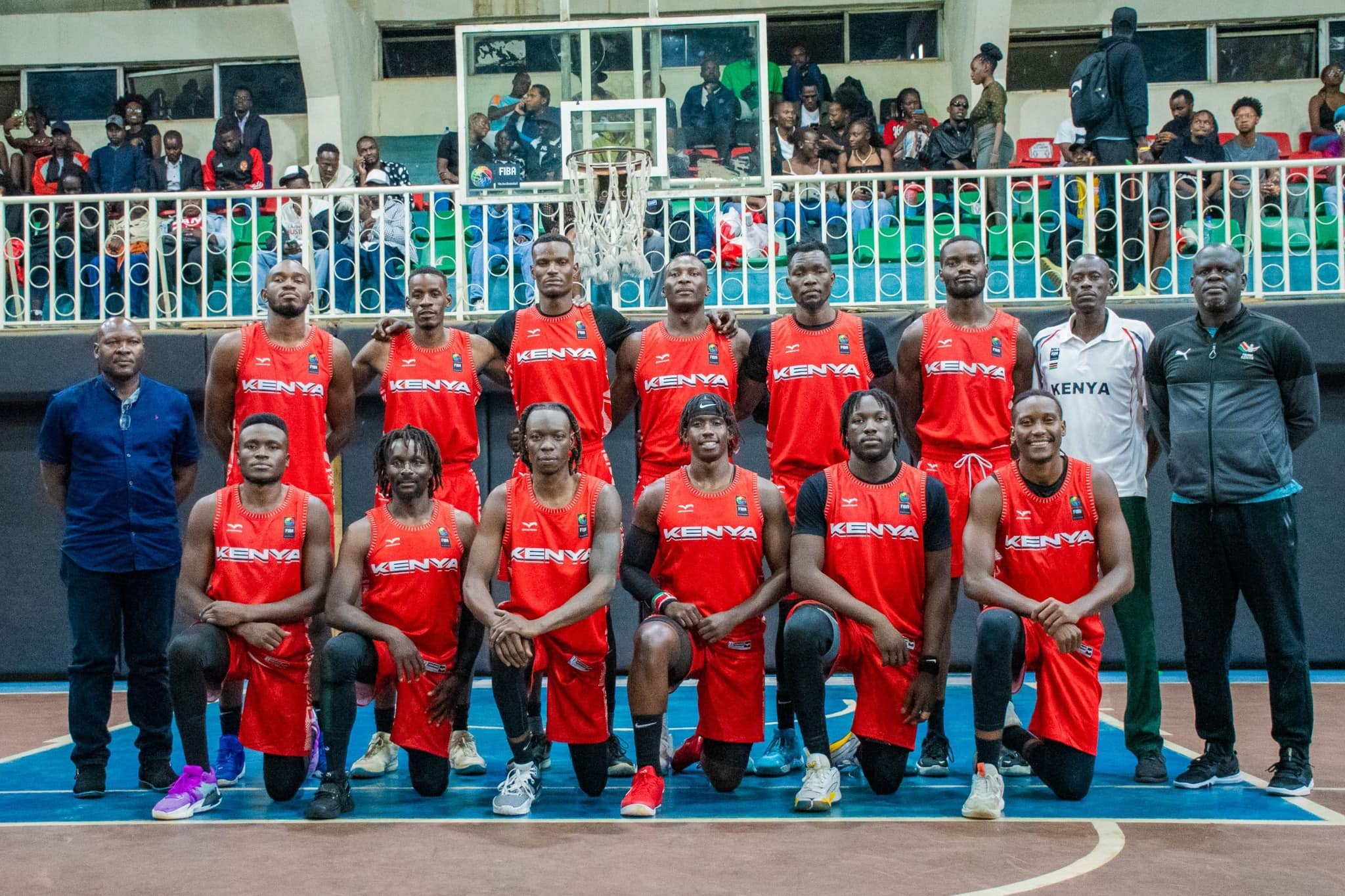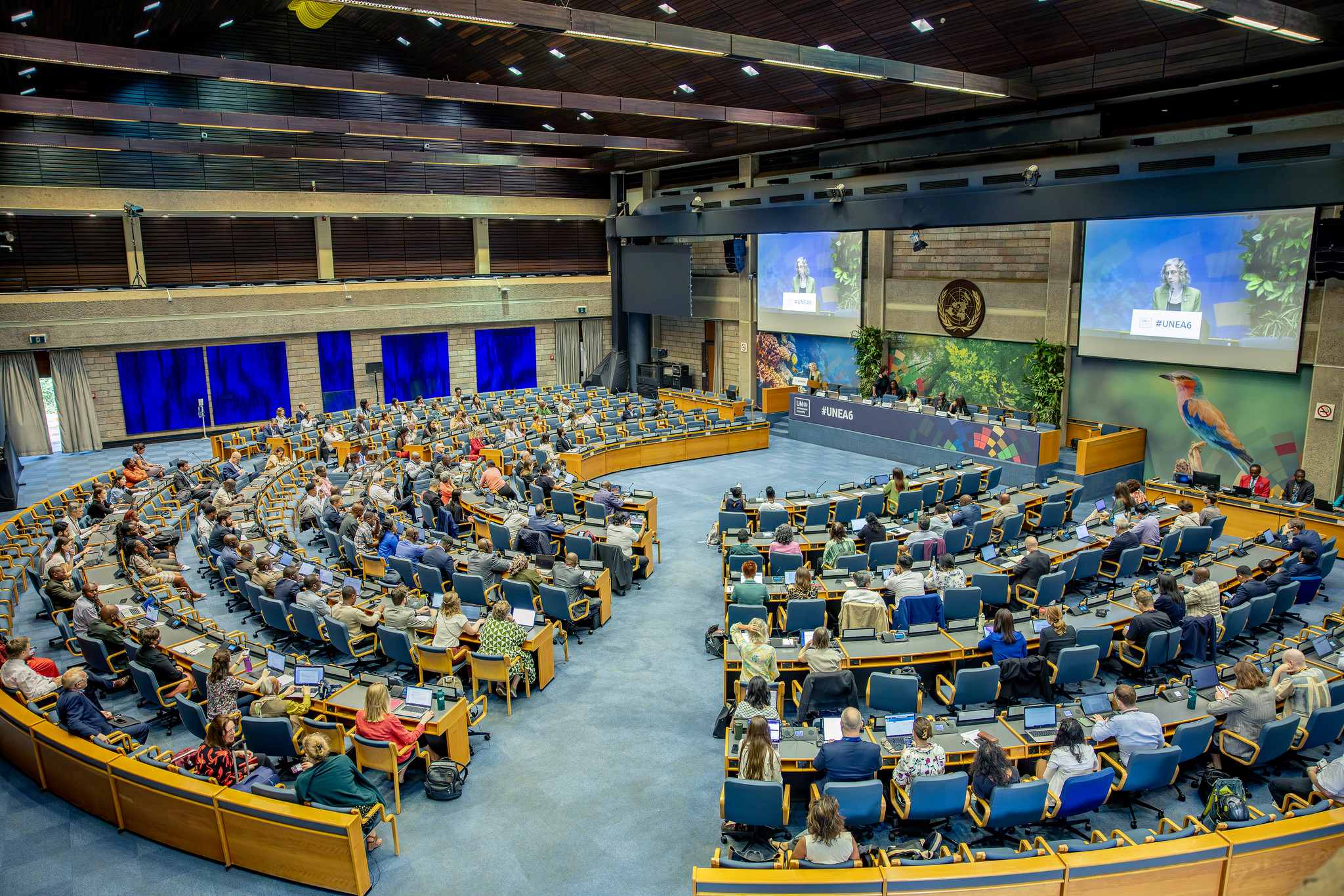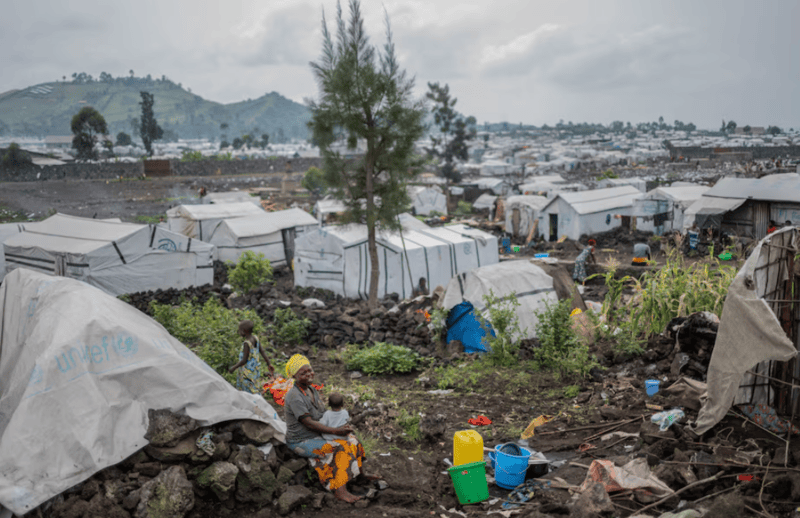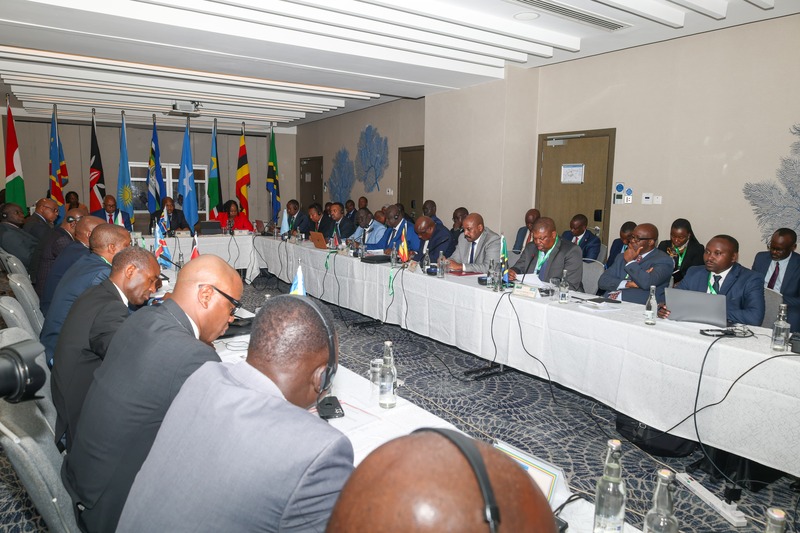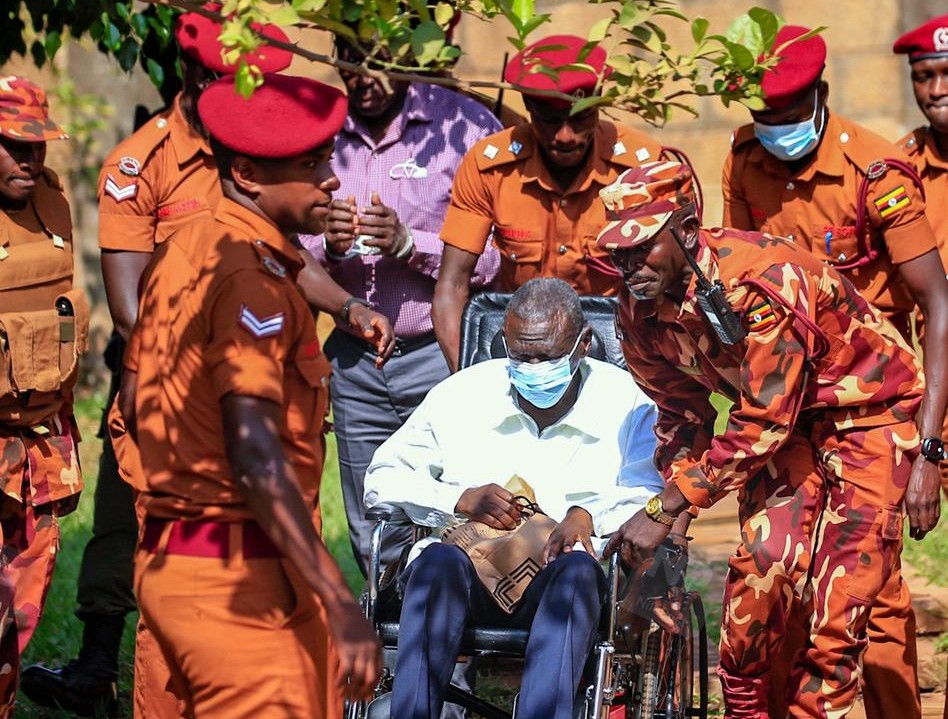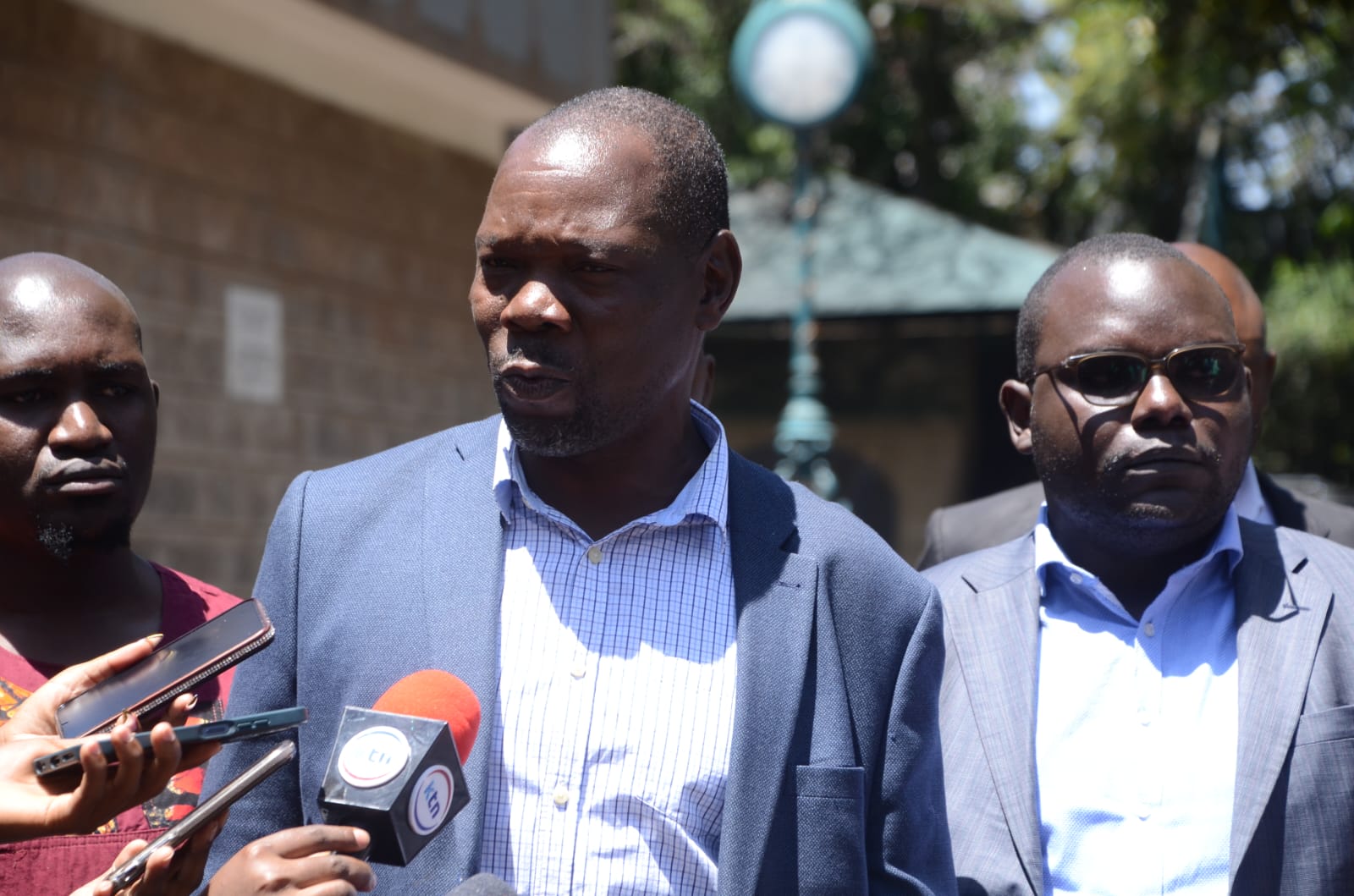Kenya defends decision to host Sudanese parallel government talks amid Port Sudan's outrage
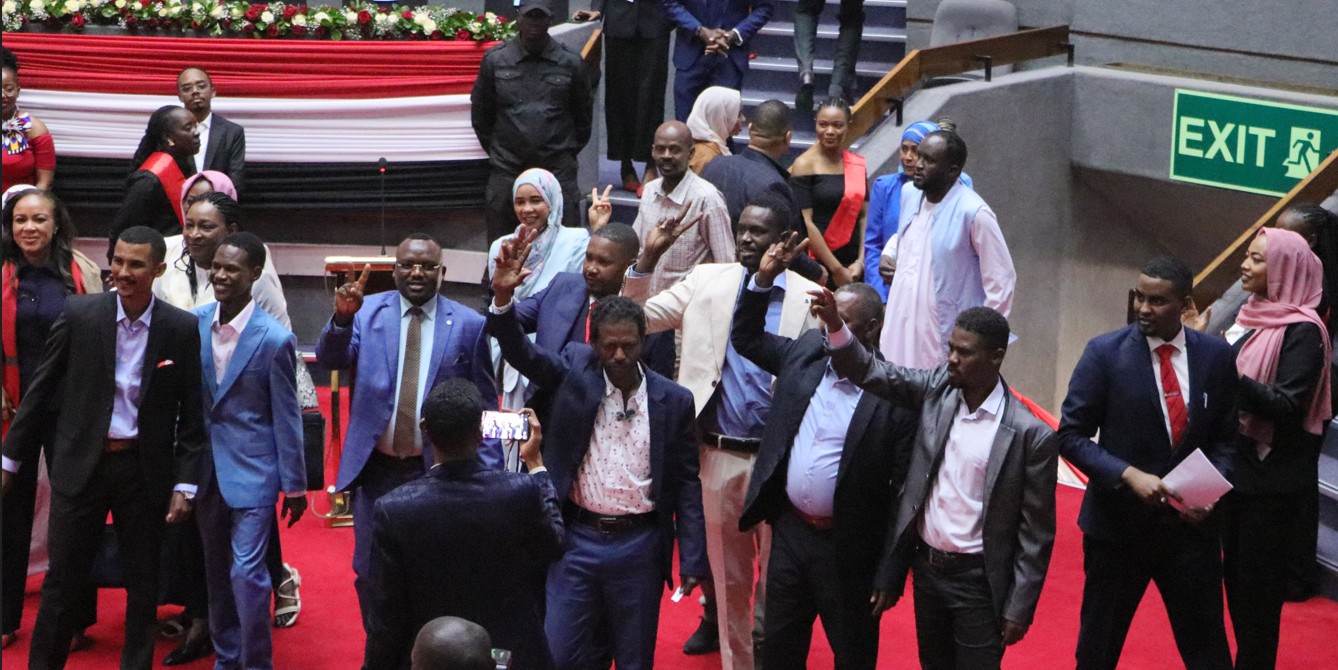
Port Sudan maintains that Kenya is overstepping diplomatic boundaries by facilitating discussions that seek to create an alternative power centre outside Sudan.
Kenya has defended its decision to host the signing ceremony of a political charter by Sudanese opposition factions, a move that has triggered sharp criticism from Sudan's military-led government in Port Sudan.
Nairobi insists that its facilitation of the meeting aligns with its commitment to peaceful resolutions in conflict situations, pushing back against claims that it is interfering in Sudan's internal affairs.
More To Read
- Ruto says political crisis driving Sudan's war, urges shift to peaceful resolution
- Employers' confederation calls for IGAD support to stabilise Sudan's economy amid conflict
- Sudan conflict: Djibouti appeals for immediate end to violence, urges inclusive talks
- IGAD boss Workneh Gebeyehu calls for collective action to alleviate suffering in Sudan
In an official statement, Kenya justified its role in the controversial gathering, arguing that "there is no military solution to political disputes".
The statement issued on Wednesday evening emphasised Nairobi's position that inclusive dialogue is the only viable path to stability in Sudan, where the Rapid Support Forces (RSF) and their allies are engaged in a brutal war against the Sudanese Armed Forces (SAF).
This response comes after Sudan's government accused Kenya of enabling the establishment of a "parallel government" by allowing the RSF-backed opposition factions to convene in Nairobi.
Port Sudan maintains that Kenya is overstepping diplomatic boundaries by facilitating discussions that seek to create an alternative power centre outside Sudan.
Kenya's statement highlights its belief that "sustainable peace can only be achieved through an inclusive process that brings all parties to the table".
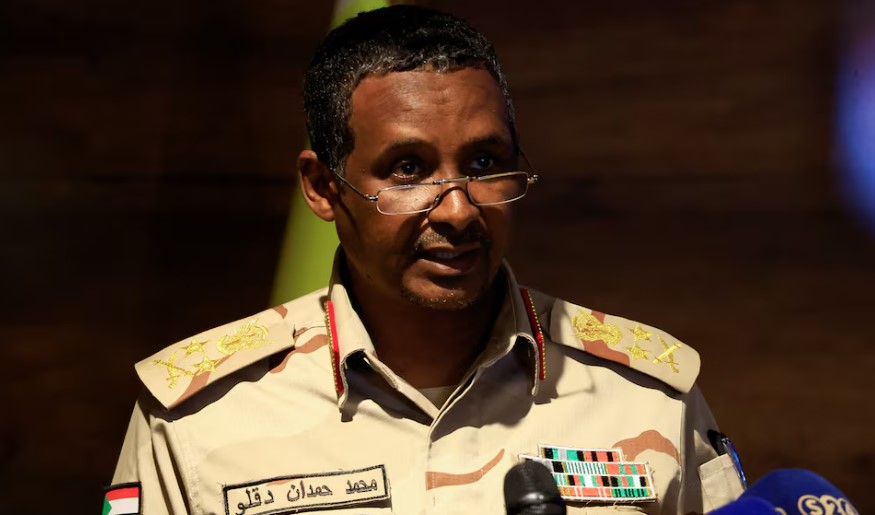 RSF leader Mohamed Hamdan Dagalo ‘Hemedti’. Sudan has slammed Kenya for violating diplomatic assurances by allowing RSF to hold a meeting in Nairobi. (Photo: File/REUTERS/Mohamed Nureldin Abdallah)
RSF leader Mohamed Hamdan Dagalo ‘Hemedti’. Sudan has slammed Kenya for violating diplomatic assurances by allowing RSF to hold a meeting in Nairobi. (Photo: File/REUTERS/Mohamed Nureldin Abdallah)
Political grievances
It argues that ignoring political grievances and focusing only on military solutions will prolong Sudan's instability.
Nairobi further contends that its mediation efforts should not be mistaken for partisanship.
"Kenya remains neutral in Sudan's crisis and is committed to fostering dialogue as a means to end conflicts across the region."
However, critics argue that this neutrality is questionable, given the high-profile nature of the event and President Ruto's long-standing ties with RSF leader Mohamed Hamdan Dagalo ‘Hemedti’.
The optics of the event at the Kenyatta International Convention Centre (KICC), a government-owned venue, have only fuelled suspicions that Nairobi is tacitly endorsing the RSF's political ambitions.
The controversy surrounding the Nairobi meeting has heightened tensions not only with Sudan's military government but also with Kenya's key allies, including the US, which has sanctioned Hemedti and several RSF commanders for human rights abuses.
The US has been vocal in its condemnation of the RSF's atrocities, particularly in Darfur where mass killings and sexual violence have been reported.
While Kenya insists it is acting in good faith, the move raises questions about whether Nairobi is taking a calculated risk in its diplomatic engagements.
Hosting Sudanese opposition figures seeking to challenge the Port Sudan-based government could strain Kenya's relationships within the region and beyond.
What's next?
With the Sudanese military government fuming and Kenya standing its ground, the falling-out from this diplomatic standoff remains to be seen.
Will Nairobi's approach open new doors for peace negotiations or will it deepen the fractures in an already fragile situation?
For now, Kenya is betting on dialogue, even as it faces mounting scrutiny for the company it keeps.
Top Stories Today
